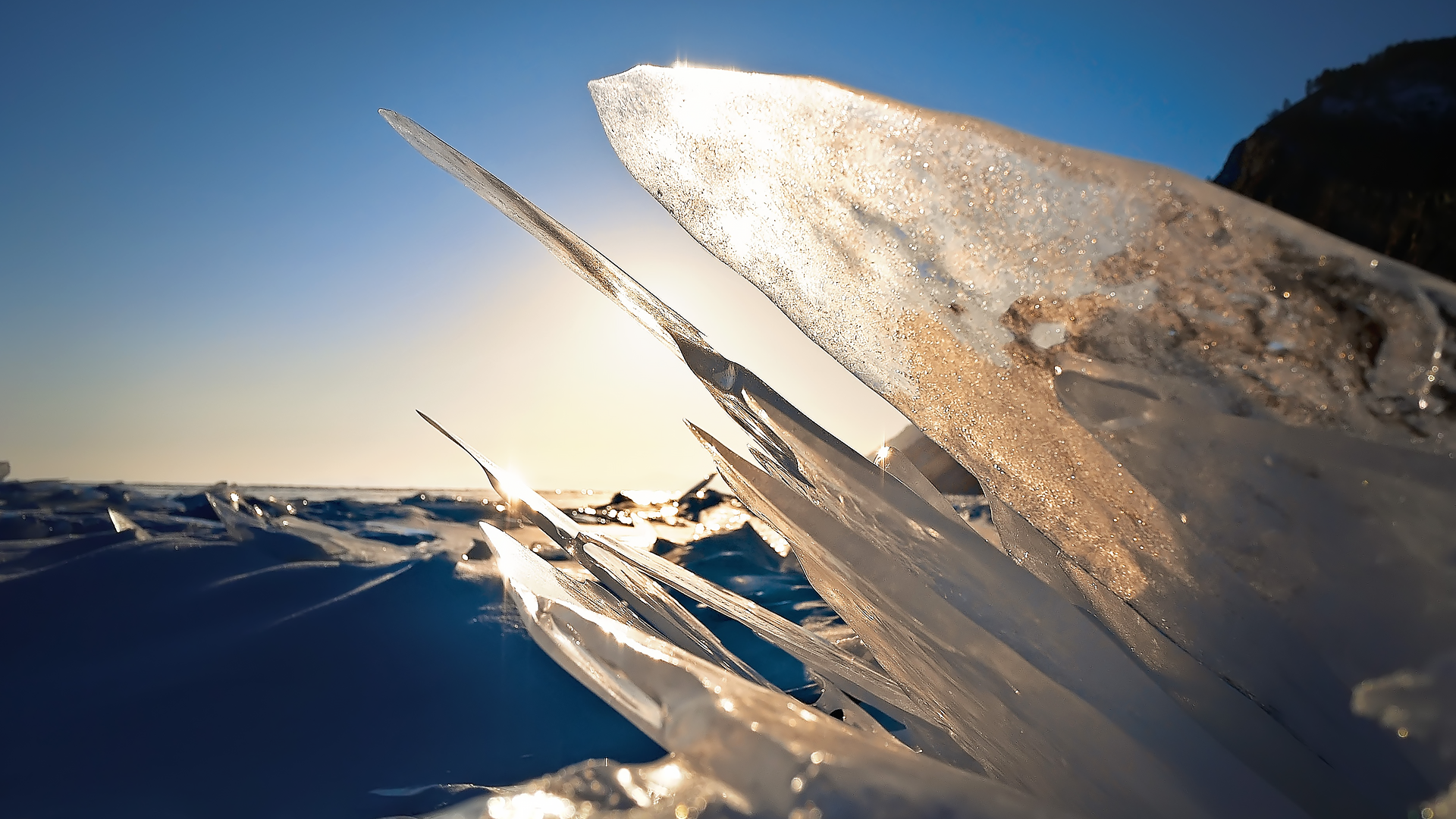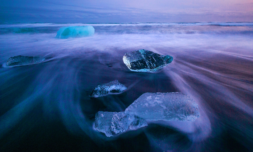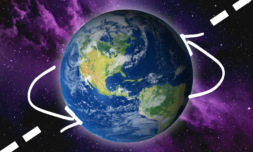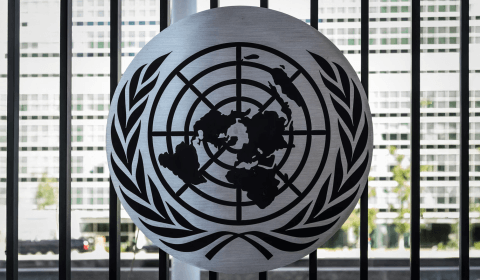Over the weekend, temperatures at both the Earth’s poles soared to between 30C and 40C higher than expected levels. If this becomes the norm, researchers are seriously concerned about an abrupt climate breakdown.
At this time of year, the Antarctic should be rapidly cooling after its summer while the Arctic gradually emerges from its winter months. Instead, both poles are experiencing ‘unprecedented’ heatwaves that have climate researchers on high alert.
Over the weekend, temperatures in Antarctica warmed to 40C above the norm in places and the Arctic pole hit peaks of 30C above expected levels. For both icy plains to be warming simultaneously like this really isn’t good.
In the first – of what looks like will be many – chapters of the IPCC report on climate change, the international organisation warned of a climate breakdown of which tell-tale signals were rearing their head already.
Chief among them was polar melt on an irreversible scale, which could realistically be a decisive trigger point for a complete climate breakdown. What we perhaps underestimated, is how close to that precipice we reside today.
30°C above normal in the Arctic today.
40°C above normal in the Antarctic today.
It would be unbelievable if it were not true.
And it is terrifying beyond words.
The war we have waged against the natural world has, in climatic terms, just gone nuclear.— George Monbiot (@GeorgeMonbiot) March 20, 2022
Scientists have warned that the weekend’s recordings were ‘historic,’ ‘unprecedented,’ and ‘dramatic.’ All words you don’t want to hear when discussing a potential catastrophe… who’s that playing Glass Animals?
One weather station in the North Pole noted its hottest recording by some 15C, while another costal station prepped for March deep freezes was 7C above zero.




















